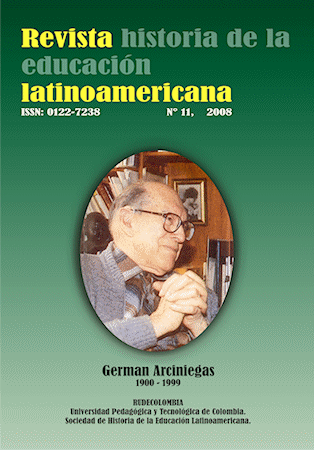THE FRUIT OF THE MAY (1968): THE CRY OF SILENCED

Abstract
Look, albeit briefly, what happened 40 years ago to see if there actually were profound changes in the dynamics of the world in general and especially in hegemonic theories of knowledge in Brazil, in almost half a century. And since the 60s of the twentieth century, they were regarded as “the decade that changed everything”, and 1968 as the “year that [still] not over” seems to me pertinent and relevant to examine a concern: if there was change in the geopolitics of knowledge and if this change affected the way of education in Brazil, especially higher education. We take the term geopolitics of knowledge in order to search for and identify places of enunciation of scientific and traditional hegemony among us. I search the terms of rationales that have been silenced for years, for centuries, not by the superiority of their “gnosiológica” silencers, but by correlation of power. As any form of power was challenged in the 60s, it might have had several changes in the “epistemologies” that now advocate the restoration and consideration of rationales that have been gagged.
Keywords
Student Movements, Ideologies, rationalities antihegemonic
Author Biography
José Eustáquio Romão
Graduado em História, pela Universidade Federal de Juiz de Fora (1970) e Doutorado em Educação (1996), pela Universidade de São Paulo. Atualmente, éprofessor do curso de Mestrado em Educação, na Universidade Nove de Julho(UNINOVE), em São Paulo, onde coordena o Grupo de Pesquisa «Culturas e Educação». É professor visitante da Universidade Lusófona de Humanidades eTecnologias (ULHT), de Lisboa, Portugal.